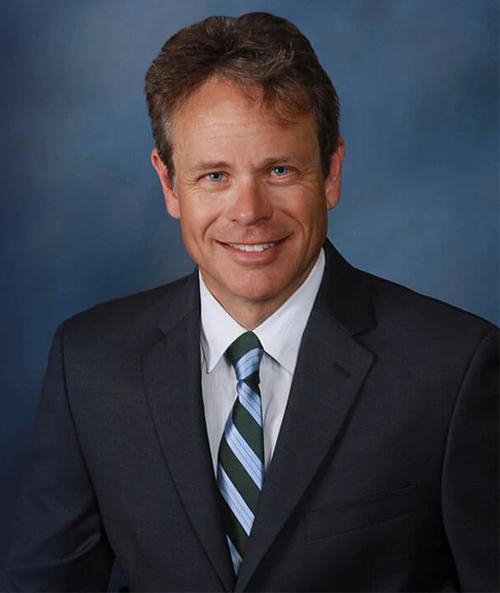DROs (Decision Review Officers) have been relying on internal training by VA's Central Office that suggests that hearing loss due to noise exposure in service can almost never be service-connected if hearing loss does not show up in service medical records or discharge physical. The DROs position is based on Central Office training materials, which discuss a study that shows that hearing loss exists in the general population to a great extent as people age. Based on this study, the VA is concludng that if hearing loss does not exist in military records, hearing loss that shows up later cannot be service-connected because it is hearing loss that would have occured anyway. DROs are taking the position that this is the case even if military noise exposure is substantial and there is no history of noise exposure following service.
This posiiton is clearly contrary to law. The U.S. Court of Appeals for Veterans Claims has held repeatedly that the lack of notation in military records is not a basis to deny service-connection for any disability. Moreover, this defies the last 20 years of the VA service-connected hearing loss, where many many claims were granted based upon noise exposure in service, even though the claim was filed many many years after service.
What does this mean for hearing loss claims? It means that indepenent audiology experts will have to be obtained from a doctor outside of the VA. The doctor will have to opine that the nosie levels in service are what caused the current hearing loss. If a veteran retains an outside expert, current VA procedure allows for the expert to give his medical opinion on the relevant VA form, specifically the Disability Benefits Questionaire (DBQ) for hearing loss.

